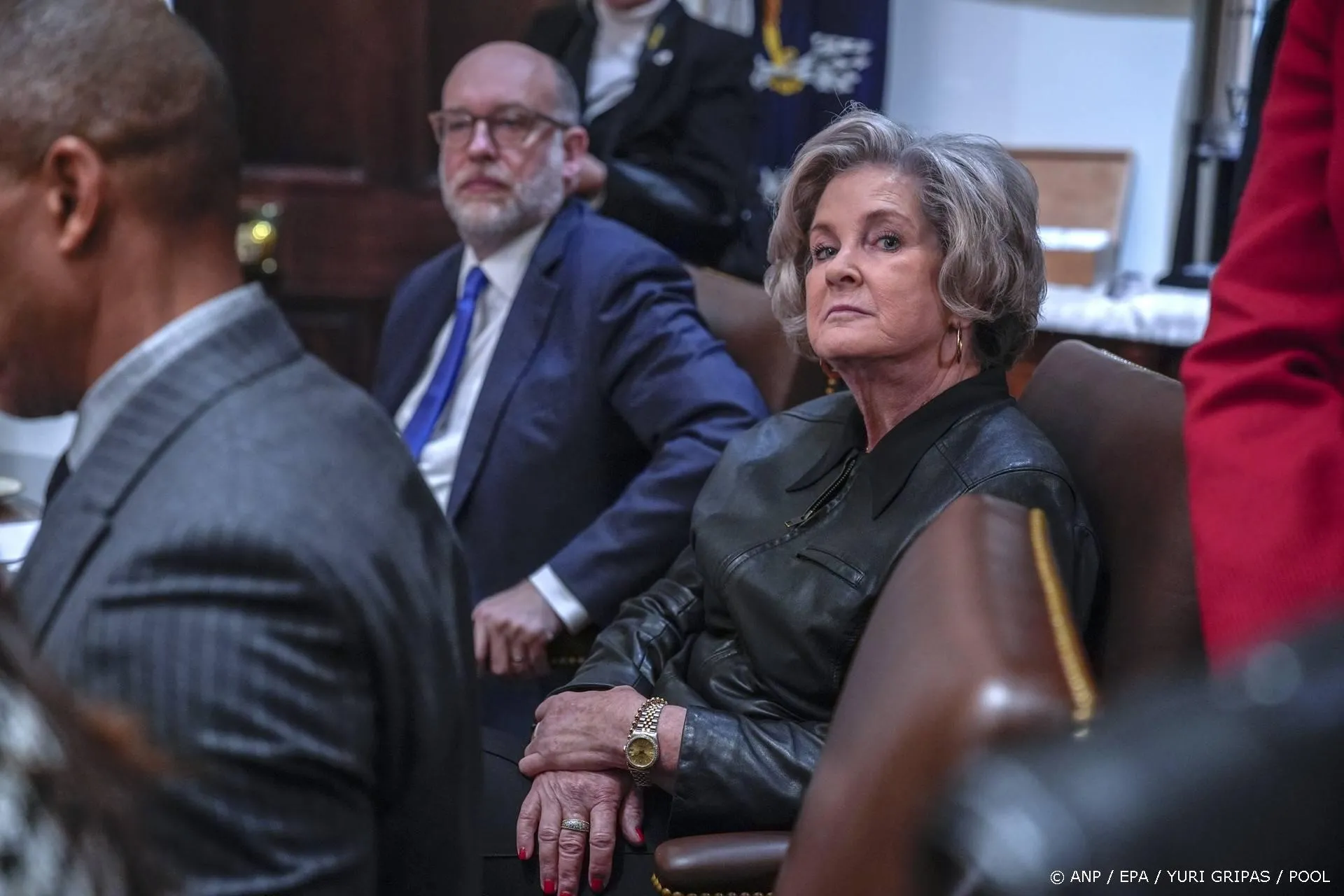Klimatologen zijn geen Einsteins
Freeman Dyson heeft zich weer eens in het klimaatdebat gemengd.
Al verschillende keren eerder heb ik aandacht geschonken aan Freeman Dyson, die door velen als een van de topgeleerden van deze tijd wordt beschouwd. Hij heeft zich in het verleden met verschillende aspecten van de klimaat'problematiek' bezig gehouden, vooral de CO2-cyclus en de rol die planten en de toplaag van de bodem daarin spelen. Vervolgens is hij op andere terreinen van wetenschap actief geweest. Een paar jaar geleden heeft hij zich echter weer in het klimaatdebat gemengd, waarbij hij zich als scepticus ontpopte.
Onder de titel, 'Climatologists are no Einsteins, says his successor', schreef Paul Mulshine:
Freeman Dyson is a physicist who has been teaching at the Institute for Advanced Study in Princeton since Albert Einstein was there. When Einstein died in 1955, there was an opening for the title of "most brilliant physicist on the planet." Dyson has filled it. So when the global-warming movement came along, a lot of people wondered why he didnt come along with it. The reason hes a skeptic is simple, the 89-year-old Dyson said when I phoned him. "I think any good scientist ought to be a skeptic," Dyson said.
Dyson came to this country from his native England at age 23 and immediately made major breakthroughs in quantum theory. After that he worked on a nuclear-powered rocket ( ). Then in the late 1970s, he got involved with early research on climate change at the Institute for Energy Analysis in Oak Ridge, Tenn. That research, which involved scientists from many disciplines, was based on experimentation. The scientists studied such questions as how atmospheric carbon dioxide interacts with plant life and the role of clouds in warming. But that approach lost out to the computer-modeling approach favored by climate scientists. And that approach was flawed from the beginning, Dyson said. "I just think they dont understand the climate," he said of climatologists. "Their computer models are full of fudge factors." A major fudge factor concerns the role of clouds. The greenhouse effect of carbon dioxide on its own is limited. To get to the apocalyptic projections trumpeted by Al Gore and company, the models have to include assumptions that CO-2 will cause clouds to form in a way that produces more warming. "The models are extremely oversimplified," he said. "They don't represent the clouds in detail at all. They simply use a fudge factor to represent the clouds."
Dyson said his skepticism about those computer models was borne out by recent reports of a study by Ed Hawkins of the University of Reading in Great Britain that showed global temperatures were flat between 2000 and 2010 even though we humans poured record amounts of CO-2 into the atmosphere during that decade. That was vindication for a man who was termed "a civil heretic" in a New York Times Magazine article on his contrarian views.
Dyson embraces that label, with its implication that what he opposes is a religious movement. So does his fellow Princeton physicist and fellow skeptic, William Happer.
"There are people who just need a cause thats bigger than themselves," said Happer. "Then they can feel virtuous and say other people are not virtuous." .
In fact, theres more solid evidence for the beneficial effects of CO-2 than the negative effects, he said. So why does the public hear only one side of this debate? Because the media do an awful job of reporting it. "Theyre absolutely lousy," he said of American journalists. "Thats true also in Europe. I dont know why theyve been brainwashed." I know why: Theyre lazy. Instead of digging into the details, most journalists are content to repeat that mantra about "consensus" among climate scientists.
The problem, said Dyson, is that the consensus is based on those computer models. Computers are great for analyzing what happened in the past, he said, but not so good at figuring out what will happen in the future. But a lot of scientists have built their careers on them. Hence the hatred for dissenters.
"It was similar in the Soviet Union," he said. "Who could doubt Marxist economics was the future? Everything else was in the dustbin."
Lees verder hier hier.
Het commentaar van Lubo Motl op de opvattingen van Freeman Dyson is ook zeer de moeite waard, hoewel niet geschikt voor tere zielen en/of overgevoelige ego's in klimatologenland.
Voor mijn eerdere DDS-bijdragen zie hier.
Ga verder met lezen
Dit vind je misschien ook leuk
Laat mensen jouw mening weten
Lees ook
Loading


